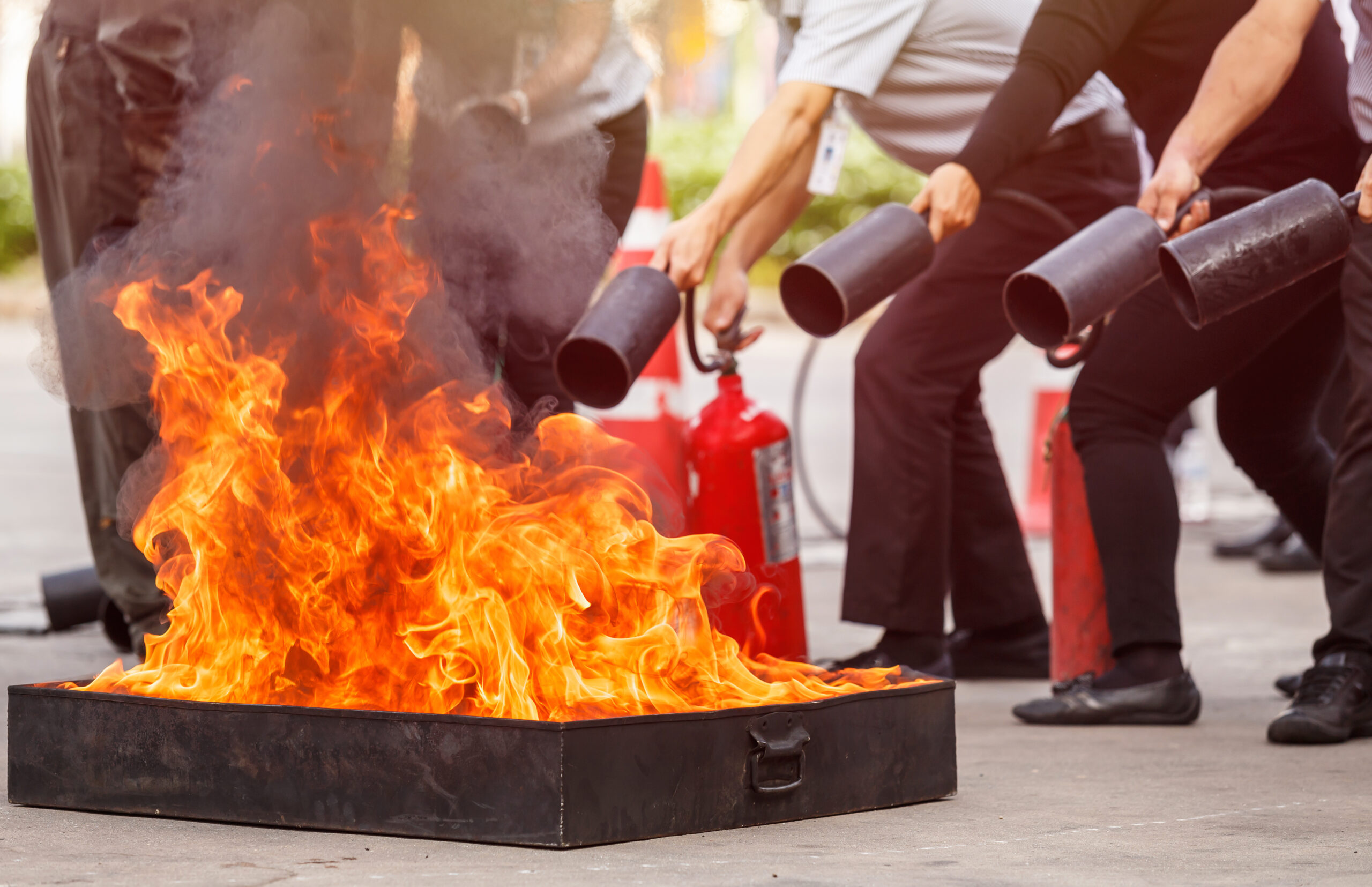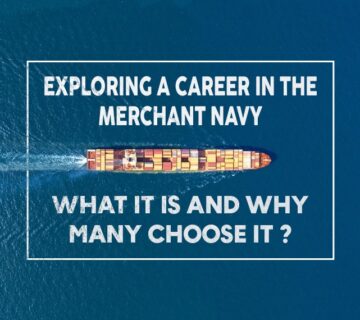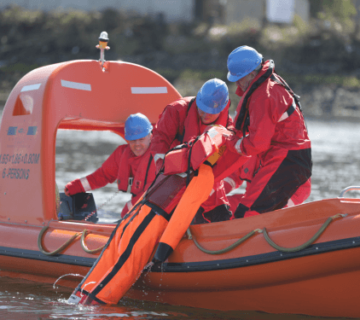The maritime industry plays a crucial role in trade and transportation on a global level, facilitating economic growth. As we all know, with every opportunity, there come challenges. There are so many risks associated with the sector that it requires stringent safety standards and well-trained professionals. Here comes the aspect of STCW, which is the Standards of Training, Certification, and Watchkeeping Convention. As the topic suggests, in this write-up, you will learn about STCW and how you can get the certificate after completing the STCW course. So let’s get started!
Understanding STCW
The Standards of Training, Certification, and Watchkeeping (STCW) Convention is a thorough international maritime standard that establishes the minimum standards for seafarers’ watchkeeping, certification, and training needs. It was initially developed in 1978 by the International Maritime Organization (IMO), and adjustments have been made to adapt to shifting industry requirements. Ensuring sailors have the knowledge, skills, and competence required to do their tasks safely and effectively is the primary objective of STCW training. It includes many subjects: communication, firefighting, first aid, ship control, navigation, and more. Any seafarer, regardless of status or rank, may use it.
The STCW Convention sets specific requirements for training institutions, programs, and certification processes. It establishes the criteria for seafarers to receive their initial certification and the framework for ongoing training and professional development throughout their careers. The implementation and enforcement of the STCW Convention are the responsibility of individual flag states, which are required to establish national legislation that aligns with the Convention’s provisions. This ensures seafarers from different countries meet consistent standards, enhancing safety and efficiency in the maritime industry worldwide.
What We Learn in STCW Course?
Personal Safety and Social Responsibilities:
This module promotes personal safety awareness, teamwork, and the seafarer’s responsibilities towards fellow crew members, passengers, and the environment. It covers emergency procedures, shipboard safety, personal protective equipment, and the importance of effective communication.
Personal Survival Techniques:
In this module, seafarers learn essential survival skills to cope with emergencies at sea. This covers instruction on utilizing life-saving tools, including life rafts and life jackets, and survival skills in the water and for use during rescue operations.
Fire Prevention and Firefighting:
Fire safety is of utmost importance on board ships. Fire safety training provides fire prevention, detection, and firefighting techniques training. Seafarers learn to use various firefighting equipment, conduct fire drills, and respond effectively to fire scenarios.
Elementary First Aid:
First aid basics are taught to seafarers so they can address medical crises at sea. Among other things, this entails learning how to diagnose and treat minor wounds, burns, fractures, and other typical medical ailments. The training also includes instruction on using automated external defibrillators (AEDs) and cardiopulmonary resuscitation (CPR).
Personal Safety and Social Responsibilities:
This module emphasizes the seafarer’s role in maintaining a safe and secure working environment onboard. It covers shipboard security, piracy awareness, crowd management, and human rights.
Shipboard Operations:
This component of the STCW course focuses on familiarizing seafarers with the general operations and procedures on board ships. It includes training in ship stability, cargo handling, maneuvering, and navigation principles.
Watchkeeping Duties:
Seafarers learn about the responsibilities and procedures of maintaining a proper watch onboard. This includes understanding the navigational equipment, monitoring the vessel’s position, observing traffic rules, and responding to emergencies while on watch.
Maritime Environmental Protection:
Environmental protection is an integral part of the STCW course. Seafarers learn about the importance of preventing marine pollution, proper waste management practices, and environmental protection regulations in the maritime industry.
Steps to Obtain an STCW Basic Training Certificate:
➢ Find an approved training provider like Training Ship Varren.
➢ Verify that the course covers Personal Survival Techniques (PST), Fire Prevention and Firefighting (FPFF), Elementary First Aid (EFA), and Personal Safety and Social Responsibilities (PSSR).
➢ Enroll in the STCW course.
➢ Attend the fire safety training and complete all required activities.
➢ Pass the assessments.
➢ Receive your STCW Basic Training Certificate.
Duration of Validity for STCW Certification
The STCW certification, including the Fire safety training and Personal Survival certificates, is typically valid for five years from the completion of the course. After this period expires, seafarers must undergo an updated training course to renew their certification. This updated training ensures seafarers remain up-to-date with the latest safety procedures and techniques, enabling them to continue working on board ships in compliance with STCW regulations. It is essential to stay current with the expiration dates of STCW certifications and complete the necessary update training within the specified timeframe to maintain eligibility for maritime employment.
Why Choose Our STCW Course at Training Ship Varren:
● Accredited training provider.
● Comprehensive course content.
● Experienced and knowledgeable instructors.
● Emphasis on safety and practical training.
● Individualized attention and support.
● Industry connections and networking opportunities.
● Commitment to continuous improvement.
Wrapping Up
Whether you embark on a new maritime career or are an experienced seafarer seeking to stay current, investing in STCW certification is an investment in your future. It gives you access to various career prospects, solidifies your reputation as a competent professional, and empowers you to travel confidently across huge oceans. Always remember that the STCW certification is more than just a piece of paper; it symbolizes your enthusiasm, commitment, and everlasting dedication to excellence in the marine sector. We have good breezes and calm waters for you!






No comment